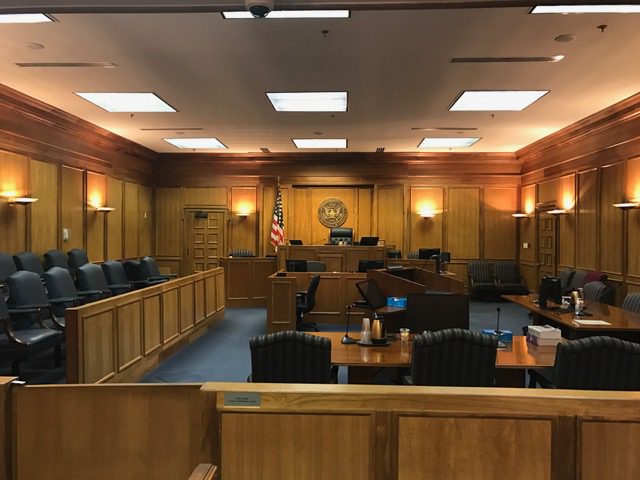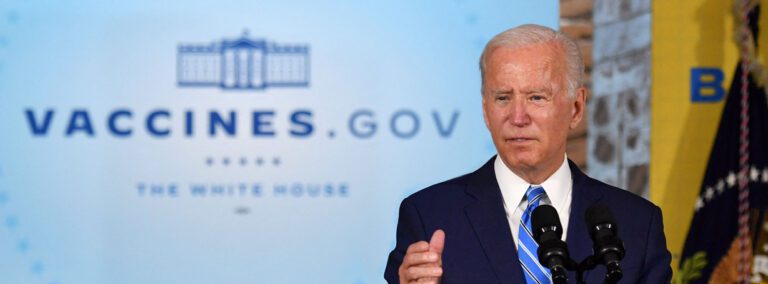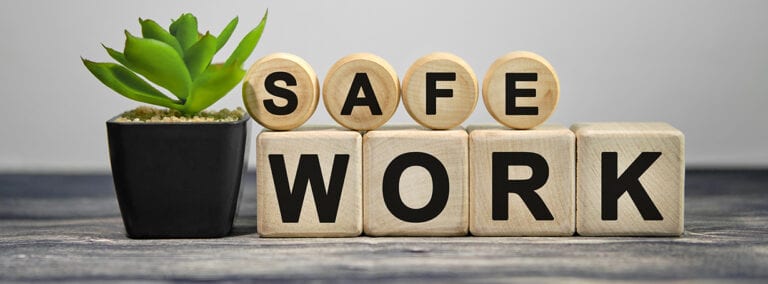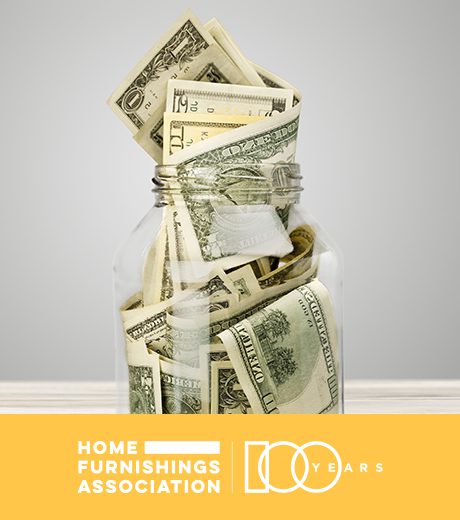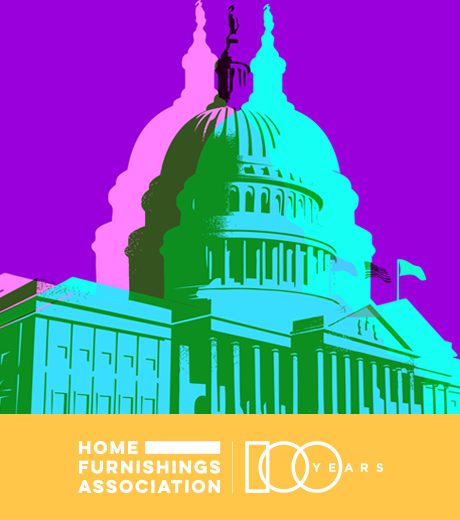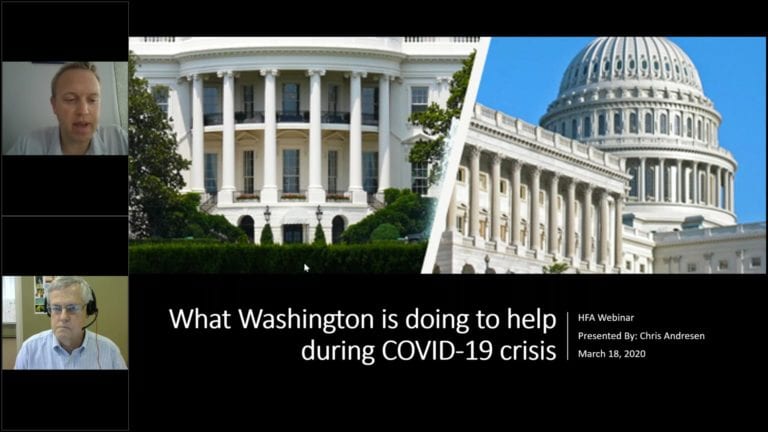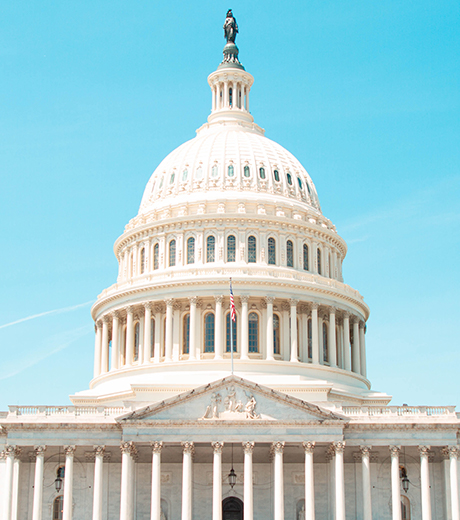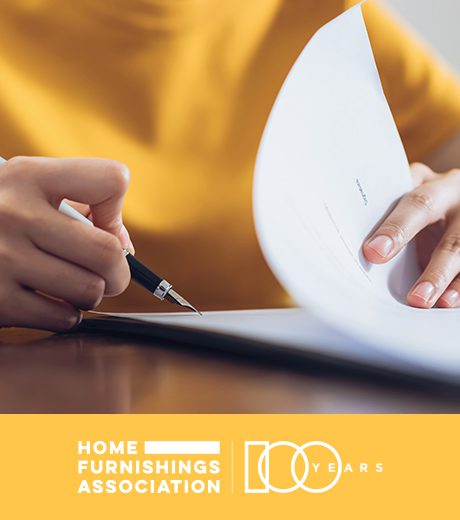Furniture retailers would love to see customers lined up at their front doors when they reopen after weathering the public health crisis.
Attorney Pascal Benyamini warned of a different possibility in a Home Furnishings Association webinar May 7.
“If you start on the wrong foot, by not showing that you’re taking this seriously, I think you’re looking at lawyers just lining up outside your door to bring claims,” Benyamini said. “If you’re taking the necessary measures, you may still have a few lawyers standing outside, but at the very least you’re mitigating as much as possible, not only with your own employees but also with potential customers and vendors.”
The threat of coronavirus-related legal actions induces high anxiety among many furniture retailers and other businesses.
“Virtually all small business owners are, to some degree, concerned about increases in liability claims, with 38 percent very concerned about increased liability when reopening their business,” a survey of its members by the National Federation of Independent Business found.
The HFA shares those concerns, which is why it’s asking congressional leaders to include limited liability protection in the next coronavirus recovery bill.
White House is looking at it carefully
This is under strong consideration.
“Liability protection is something we are looking at very carefully,” National Economic Council Director Larry Kudlow recently told reporters at the White House. “We want small business to have some confidence that if they do reopen, they’ll stay open. So that would be one of the key factors.”
Sen. Rick Scott strongly supports liability protection for businesses, Katie Weissert, a senior policy adviser for the Florida Republican, told HFA President Jesús R. Capó May 8. Capó is chief

information officer for El Dorado Furniture in Miami, Fla. The call between Capó and the senator’s office was arranged by Chris Andresen, HFA’s representative in Washington, D.C.
Several business groups also support a liability shield. It would bar legal actions against a business for alleged or actual exposures to the COVID-19 virus as long as the business was relying on and generally following applicable government standards and guidance.
Liability protection would not grant any business a license for carelessness or neglect. A business can never shed its responsibility to provide a safe and healthy workplace and shopping environment.
“My view is, if you follow governmental regulations regarding everything you can do to maintain a safe workplace, you avoid the risks that may come associated with that for various claims,” Benyamini said.
Unjustified liability claims worry HFA members
The Senate Committee on the Judiciary is holding a hearing at 2:30 p.m. today on “Examining Liability During the COVID-19 Pandemic.” In a letter to Chairman Lindsey Graham (R-S.C.) and Ranking Member Dianne Feinstein (D-Calif.), HFA CEO Sharron Bradley wrote that members “are very concerned about the potential threat of unjustified liability claims as they reopen their businesses.
“Many of our members were required for public health reasons to close their doors in March and lost most of their revenue in the following weeks,” Bradley wrote. “Without income, many were forced to reduce staffing. Even as stay-at-home orders are lifted in most states, retail businesses can resume operations only on a limited basis while they implement the protocols of social distancing, restrict the number of customers in their stores at a time, provide personal protective equipment to employees, and perform frequent cleaning and other measures as set out by the Centers for Disease Control, Occupational Safety and Health Administration and other agencies. Our members are doing everything they can to maintain a healthy workplace for their employees and a safe shopping environment for their customers. This is their highest priority.
“In the back of their minds, however, is the apprehension that, despite everything they can do to meet safety and health standards, they could be subject to claims that an employee, customer, vendor or anyone else contracted the COVID-19 virus on their premises – even when it might be impossible to trace the source of exposure. Our members know through hard experience that plaintiffs’ attorneys usually just want a quick settlement for a few thousand dollars – and it’s often the most expedient solution for a retailer to pay the price. Unfortunately, at this time of extreme financial distress, every dollar can make the difference between a business surviving or failing.
Coronavirus still isn’t fully understood
“This is why our association is asking Congress for protection from liability claims related to the COVID-19 emergency,” Bradley added. “This is not to shield businesses that fail to meet their obligations but for the sake of those that are doing their best to prevent transmission of a highly contagious virus that still isn’t fully understood. People who are infected may present no symptoms but still spread the virus to others. That makes it unreasonable for store owners to be held legally responsible if a customer enters a store, fails to keep an appropriate distance from other customers or employees and unknowingly transmits the virus. Masks, gloves and other precautions may help contain the virus, but achieving 100 percent effectiveness may not be possible. Yet, that would not stop trial lawyers from pressing claims in court or demanding settlements. So we ask that you craft legislation to relieve businesses of liability concerns as long as they adhere to applicable federal, state and local guidelines for health and safety.”
Do your best to follow safe practices

In last week’s webinar, Benyamini urged HFA members to follow best practices.
“You have to do your best to maintain that social distancing, to give the employees the necessary gear in order for them to have before you reopen,” he said. “It’s one thing to reopen, but if you don’t have the hand sanitizing, if you don’t have the masks, if you don’t have the policies in place, that makes it very difficult to adhere to the requirements of safety and avoiding the risks and liability.”
Those failures also could make it harder to call employees back to work or to assure customers they can shop safely in the store. And, where there are doubts, there also could be trial lawyers and potential liability claims.
Furniture retailers and other businesses, especially small businesses, have absorbed significant financial losses in the past few weeks. They can’t afford to defend themselves from unjustified legal claims. The HFA calls on Congress to provide liability protection for businesses that are following government safety and health guidelines. If you agree, find your senators and representatives here and ask them to support liability protection.
